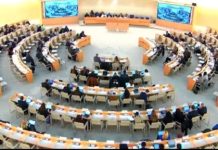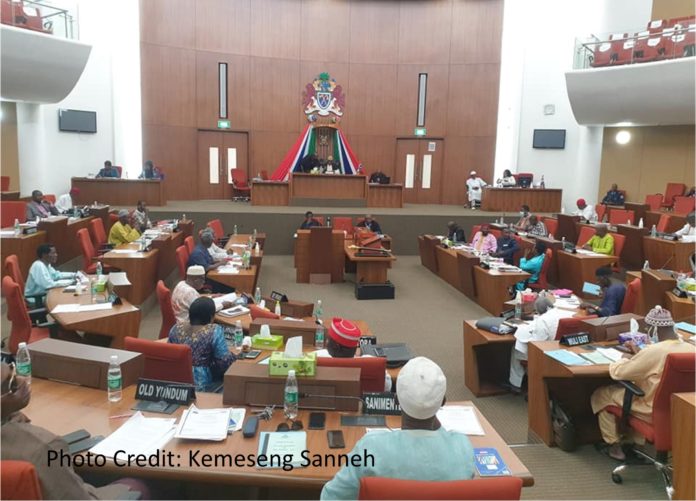Never in the history of the Gambia did deputies sit more than twenty four hours at a stretch to scrutinise the estimates of revenue and expenditure, both recurrent and development, of the Republic of the Gambia. This was preceded by face to face engagement of each Ministry with a respective Committee of the National Assembly to scrutinise their budget item by item. In so doing, the National Assembly fulfilled its promise not to be rubber stamp assembly. If it stopped at reducing expenditure to reduce the deficit and thus reduce domestic borrowing it would have been on record as the most progressive and effective legislature that ever presided over the budgetary process in the Gambia.
Unfortunately, that never came to be the case. They spoilt everything when the budget cuts they recommended to curb the deficits were relied on to add fifty four million dalasis to the National Assembly budget for loans to National Assembly members without even a budget line existing to make the increase.
Even though the members were clearly cautioned that the action was improper and a violation of the Constitution, the Public Finance Act and the Standing Orders of Parliament, they went ahead to maintain the pursuit of personal interest.
In principle there is nothing wrong in giving loans to Public servants and legislators, but they are given after clear determination of their capacity to pay them within a realistic timeframe. After raising questions of integrity and probity, the legislators will now face an uncompromising accountant general who would never allow public funds to go into the hands of Public servants and legislators who do not have enough money to pay the loans within a realistic timeframe. This could lead to litigation in court for the first time in Gambian history to determine what is lawful or unlawful in a budgetary process. Interesting times are awaiting us.
Every authority could be king in one’s domain but in a democracy, there is no king only the law rules. History will be the judge and posterity will be the scribe that avails the record for the future generation. Action unguided by thought is blind and thought not followed by action is sterile. Unite action and thought and allow thought to lead and we make the progress we desire. This is the verdict of commonsense and it is incontrovertible.




















